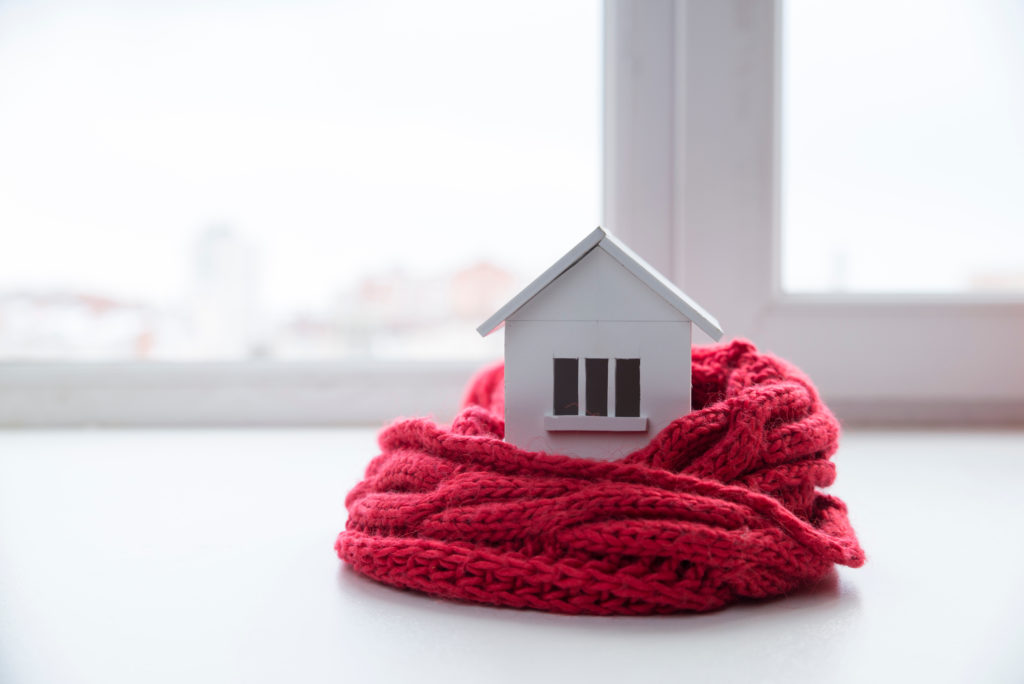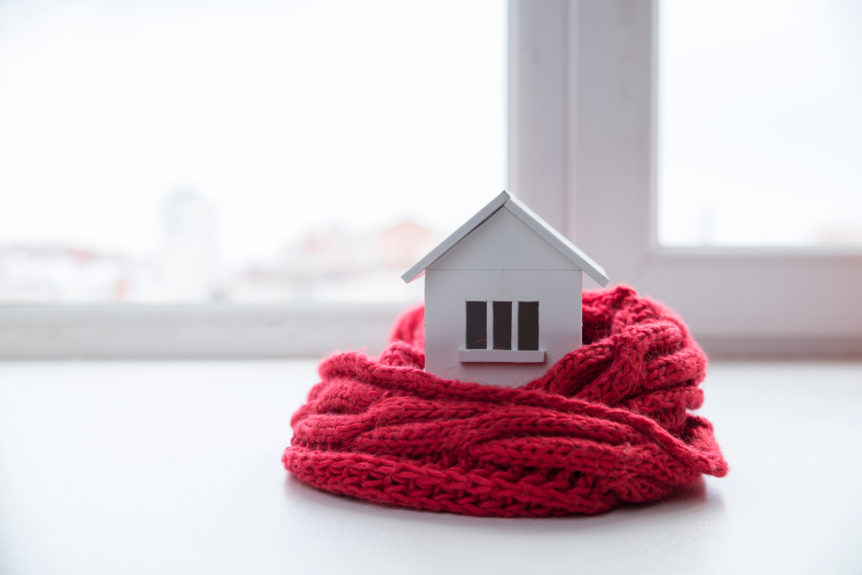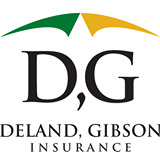Owning a summer home can be an amazing experience, allowing you a quick change of scenery but with all the familiarity and comforts of owning a home. However, as the summer season comes to an end, it may be time to close up your vacation home and say goodbye until the weather warms up again. Failing to properly close your summer home can have devastating consequences and leave you with some hefty repair bills and significant out-of-pocket costs. In this article, we will break down key considerations, provide a checklist for closing up your vacation home, and examine some of the common risks and pitfalls associated with owning a seasonal home.
Before we dive into the subject of closing up your summer home, we need to make an important distinction between winterized homes and unwinterized homes. This article will address the latter, but let’s first define what it means to have a winterized home versus an unwinterized home.
What Does It Mean to Winterize a Home
What does it mean to winterize a home, or rather have a winterized home? Simply put, winterizing a home is the process of preparing your plumbing system for an extended period of time with no heat and protecting it against freezing. This involves purging the entire water system to avoid freezing and cracked pipes. If you plan on winterizing your home, there are a few more steps and considerations involved, which we will address in a subsequent article. So, let’s dive into the essential considerations.

How Do I Winterize My Home?
When winterizing your home, the fundamental consideration is protecting your plumbing from freezing. Preparation is critical here in New England, where we can experience freezing temperatures as early as October. Frozen water can expand inside pipes, creating pressure that can lead to cracking and bursting. It is important to note that a pipe cracked or damaged due to freezing may not fully rupture until temperatures go back above freezing.
To help you through the process of winterizing your plumbing system, follow these five key steps:
- Turn off the water supply to the house.
- Drain existing water from the system by opening up faucets (don’t forget outdoor faucets and hoses). Leave open.
- Flush toilets and run showers to empty the bowl and drain the system.
- If you have a fridge with water and an icemaker, switch off the water supply and drain and empty it.
- Finally, as an extra precaution, consider using an antifreeze (like those used on RVs) to pour down sinks and drains – this will help protect the u-bend in drains.
Unplug Appliances
One of the more straightforward steps to shutting down a summer home is to unplug all unnecessary appliances – particularly televisions and phones. Appliances can be an unnecessary drain on electricity, driving up your bill, but can also be at risk of damage in the case of a lightning strike. Think of all your appliances that draw power to operate but will not be used during winter; these should be top of the list – including your refrigerator.
Avoid the temptation to shut off all power at the main circuit breaker. If you have an alarm system, you will want to ensure it is powered as well as your home’s lights.
Empty The Fridge & Cupboards
Protecting your seasonal home against uninvited guests is no doubt a priority and extends to rodents and pests. Remembering to remove food from cupboards and pantries is an absolute must to help protect against pests. And if you are not planning on heating your home during the winter, consider removing canned goods, as they can freeze and burst. Leaving obvious sources of food in your home while you are away can invite pests to move into your home, causing significant damage to your property.
As discussed above, the refrigerator is another critical consideration on the checklist. The fridge draws a lot of power to keep cool, and if it’s not being utilized, it can help reduce costs. It is essential to empty the fridge, unplug it, and leave its doors slightly ajar. This will help prevent mold and mildew from growing while you are gone.
Turning off the Gas
Turning off the gas supply is an often-recommended step when closing up your summer home. As your home will be unattended for an extended period of time, turning off the gas can help protect against fire breaking out in the case of natural disasters (think hurricanes).
Protecting Your Seasonal Home
A final key consideration is protecting your home from break-ins and burglary. With over 70% of home invasions occurring when a home is unoccupied, homeowners must take appropriate steps to help protect their homes. Actions such as redirecting mail, having landscaping maintained, and newspapers & flyers collected, in addition to an active security system, can all help reduce the risk of break-ins.
Homeowners Insurance & Second Homes
Since they are usually not occupied daily, second homes typically pose a higher risk to insurance companies than primary homes. Because of this, you can expect to pay slightly more for your secondary or seasonal home insurance. Protective devices such as centrally monitored fire/burglar alarms, water shutoff devices with alarms, and low-temperature alarms can provide valuable discounts on most homeowners’ policies and will help prevent or minimize losses. It is also important to inform your insurance company if you occasionally rent out your second home to ensure you are adequately covered.
Providing Peace of Mind Through Proactive Service
Deland, Gibson: A Trusted Choice, Five Star Accredited independent insurance agency. Established in Massachusetts in 1900, Deland, Gibson is a 4th generation family-run insurance agency that has thrived working as a trusted advisor for its client base. We work with individuals and businesses to lower their Total Cost of Risk. We analyze a client’s direct and indirect costs and implement risk reduction plans to address areas of business, hazard, or strategic risk.


